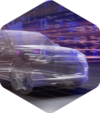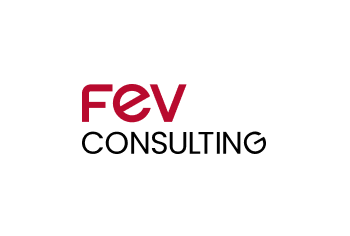FEV develops new EV-battery – system sets benchmark in comprehensive safety and performance tests
Aachen / Chennai (India), May 2025 – Indian automaker Mahindra and FEV, the innovation powerhouse for future mobility solutions, have developed a new high energy density lithium iron phosphate (LFP) battery for the Mahindra Electric Origin SUVs. The system has…




























